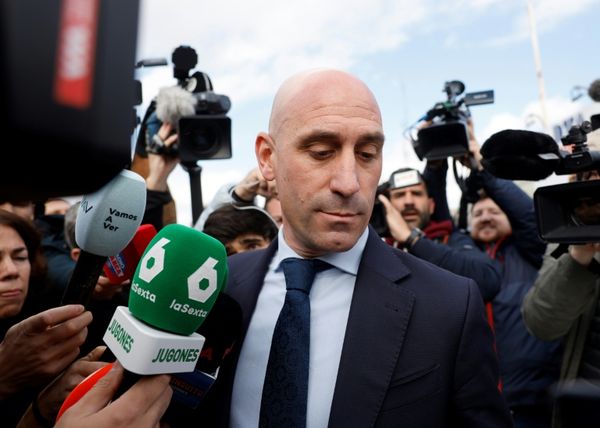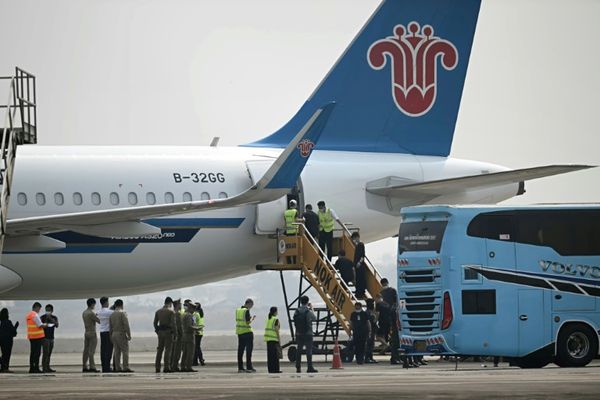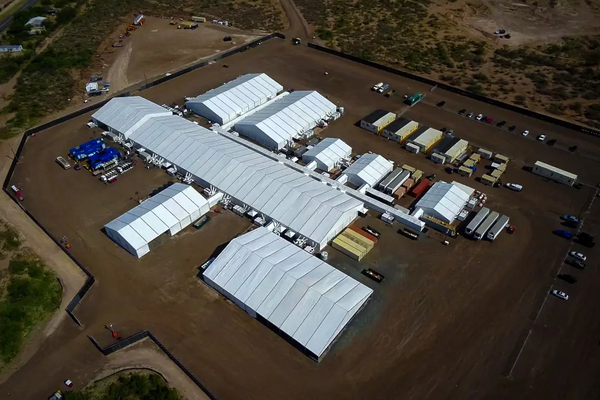John 'Jack' Fryer was a 19-year-old scholarship student from a tiny town in Queensland when he went to face the horrors of World War I alongside his three brothers.
A first-year university student, Fryer would inspire the creation of a prestigious Queensland library that was now home to one of Australia's greatest literature collections.
His family's story, featuring four brothers sent to battle, like many others was marked by the tragedy of the war.
Like many Australians, the Fryer family gather annually on Remembrance Day to remember the contributions Jack, William, Charles and Henry Fryer made during Australia's WWI campaign.
However, November 11 will be extra significant for the Fryer family this year.
The family will gather to celebrate Jack's niece, Eunice Gilmour's 100th birthday, and to remember the four brothers and their services to their country.
"I think it's an awesome achievement for her to make it to 100," Marinda Thomas, a great-grandchild of Henry Fryer, said.
Who were the Fryer brothers?
Jack Fryer and his three brothers, William, Charles and Henry left Springsure, a town more than 330 kilometres away from Rockhampton, for the battlefields of Europe in 1915.
At the time, Jack was studying English literature at the University of Queensland but he enlisted soon after beginning his first term.
For years, the brothers sent letters to their mother and sister, which are now housed in the Fryer Library Collection, at the University of Queensland in honour of their service.
The letters, like many sent from abroad at the time, rarely shared the men's experiences of war and instead painted a reassuring picture for those at home.
"What struck me was the way the brothers would really downplay their own suffering and the things they were experiencing," historian Melanie Pidcocke said.
"The way they subdued their own personal feelings in order to preserve the feelings of those at home, was really quite touching, I thought."
In early 1917, Will and Henry were severely wounded and returned to Australia, while Charles was killed in action in April of that same year.
Jack fought for another two years, but was also injured in battle and came back to study at university.
However, in 1923 he died of tuberculosis thought to be from the damage to his lungs from gas attacks during the war.
The birth of an Australian collection
In the years following his death, his family and friends raised 10 pounds to establish a collection of works in Australian literature in his memory.
They gave literature teacher Dr Frederick Robinson the donation to begin the library in 1926.
"It really grew from there," Fryer librarian Simon Farley said.
Mr Farley described the library as a place of "light and learning" after the dark and difficult war.
"Since that time we have acquired wonderful rare books, papers of Australian writers such as Peter Carey, David Malouf, and others.
"So it's really quite a substantial collection and very unique in that it is named after a World War I soldier and former student."
The Fryer Library now houses more than 100,000 volumes of publications and manuscripts, including rare books and unpublished material.
Ms Thomas said her family history was a huge source of pride.







